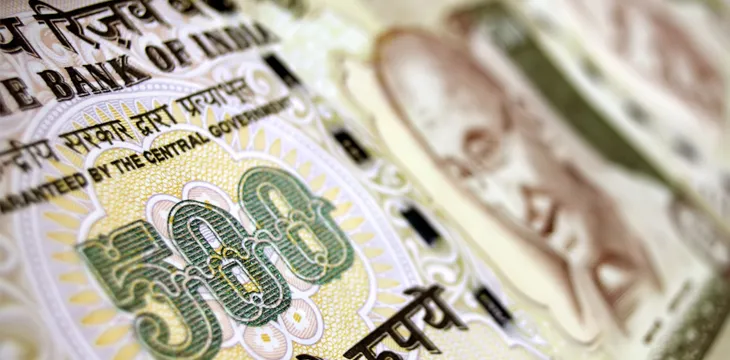|
Getting your Trinity Audio player ready...
|
Anyone who has followed India’s cryptocurrency industry over the past year knows that the country seems to have a hard time making up its mind on whether or not digital currencies are good or bad. There had been talk early last year that regulations could be forthcoming to oversee the space, but then a surprise move by the state-operated Reserve Bank of India (RBI) turned everything upside down when banks were no longer able to accept crypto clients. Then, rumors started circulating that RBI was exploring its own digital currency – a rumor that was later refuted. However, it is now known that the bank was definitely looking to introduce its own crypto and that those plans have been shelved.
According to a report in the Hindu Business Line, RBI had established a workgroup to explore launching a state-backed cryptocurrency. It has decided, for now, against moving forward with the idea while remaining silent on the reasons why. An unidentified source told the media outlet, “The government doesn’t want the digital currency any more. It thinks it is too early to even think about a digital currency.”
It’s becoming more apparent that India is trying to suppress the crypto industry – including by arresting some in the business who were operating legally – as it develops its own internal plans. Authorities argue that the volatility surrounding digital currencies warrants better consumer protection; however, the industry is less volatile than it was in 2017.
While trying to thwart the evolution of digital currencies, India is, at the same time, looking to reduce the country’s dependency on cash. India has a large investment in a biometric ID system, the Aadhaar plan, which is said to contain biometric records of more than one billion people and which can link transactions to those individuals using only their biometrics.
It’s probably a good thing that the state decided to postpone their crypto plans. As they seem to not be able to figure out how cryptocurrencies work, any attempt to introduce a crypto alternative would more than likely not be any more successful than Venezuela’s Petro. Praveen Kumar, the founder of the Belfrics crypto exchange in India, asserts, “It is premature for RBI to launch crypto-rupee, as more understanding of the crypto economy need to be achieved. It is a right decision to delay the process and see how the publicly traded peer-to-peer economy is shaping up.”

 09-15-2025
09-15-2025 





